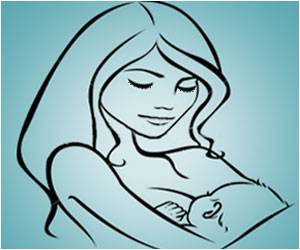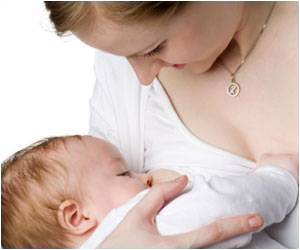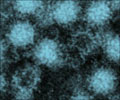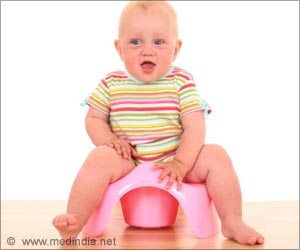One month of feeding at the breast was associated with a 4% reduction in the odds of ear infection and 17% reduction in the odds for infants fed at the breast for six months.

‘Infants who were breastfed exclusively for the first six months had nearly 30 percent reduced the risk of diarrhea.’





A total of 491 mothers completed surveys as part of the study, published last week in the Journal of Pediatrics. Mothers who stated their intent to bottle-feed exclusively were not included in the study. In the remaining surveys, three out of four women used some combination of feeding from the breast, pumped milk and formula in the first 12 months of their children's lives. After accounting for demographic and other related factors, researchers found that one month of feeding at the breast was associated with a 4 percent reduction in the odds of ear infection, and they found a 17 percent reduction in the odds for infants fed at the breast for six months of infancy. Among infants who were fed only breast milk, either at the breast and/or pumped breast milk from a bottle, for the first six months, the odds of experiencing an ear infection increased by approximately 14 percent for infants fed pumped milk for 1 month and by 115 percent for infants fed with pumped milk for 6 months.
"While it is not completely clear why ear infections may be related to bottle feeding, it could be because bottles can create a negative pressure during feeding. This negative pressure is then transferred from the bottle to the middle ear of the infant during feedings, which may precipitate ear infections," explained Dr. Keim.
Infants fed with breast milk by either mode for six months had an approximately 30 percent reduced risk of diarrhea. Diarrhea risk was reduced by 25 percent for infants fed any breast milk for six months, and by 26 percent for infants fed at the breast for 6 months, while infants fed formula for 6 months had a 34% increased risk of experiencing diarrhea.
According to the researchers, this finding suggests that the substance fed, rather than the mode of feeding, may underlie differences in risk of diarrhea.
Advertisement
In addition to identifying the distinct contributions of both the substance fed and the mode of breast milk delivery to infant health, the study demonstrated large socioeconomic differences in feeding patterns. Mothers who fed their infant's breast milk only were of greater socioeconomic status than those who fed their infant's formula. Women who only used bottles (containing breastmilk and/or formula) to feed their infants were of lower socioeconomic status than those who fed their infants at the breast.
Source-Eurekalert















